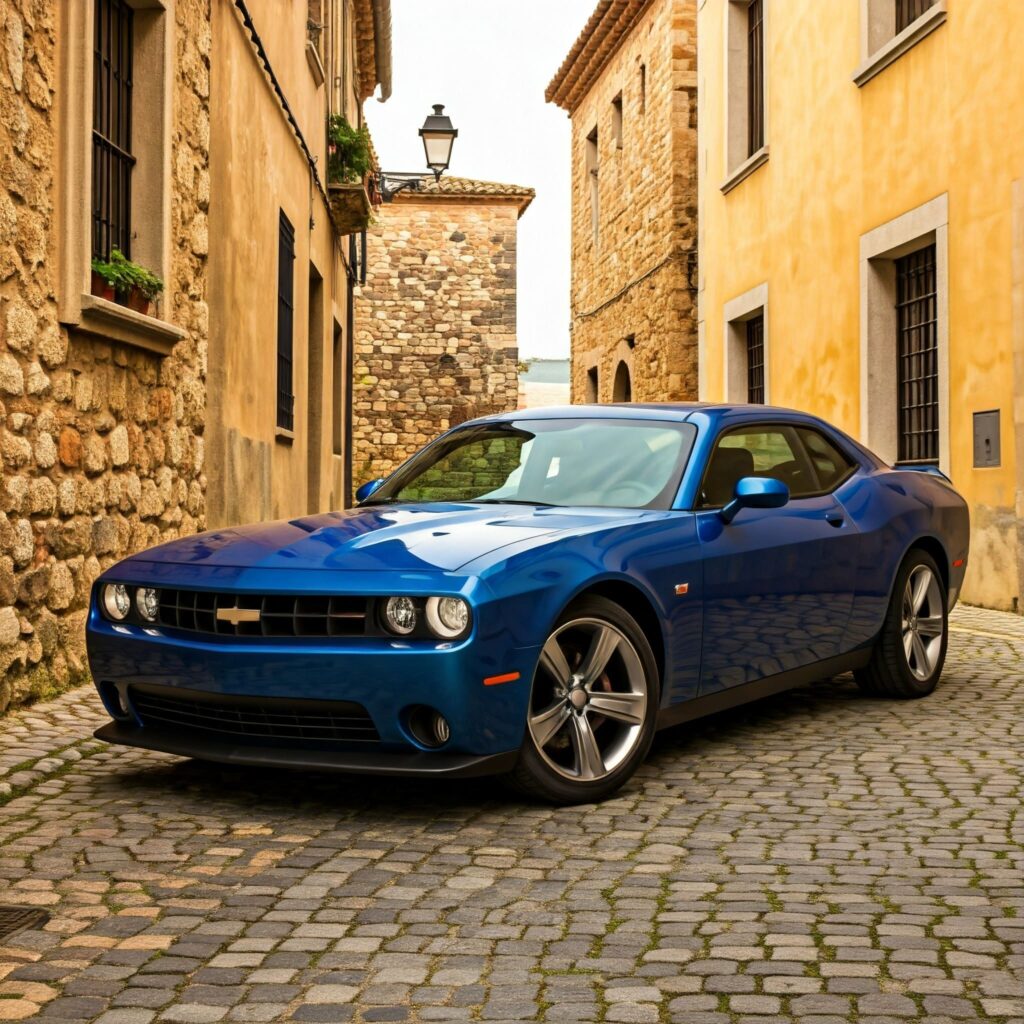Synthetic gear oils have become the preferred choice for many vehicle professionals and serious car enthusiasts due to their remarkable performance characteristics, long-term reliability, and ability to protect against demanding conditions. Let’s examine top options in the market while highlighting the distinct advantages synthetic lubricants provide.
How Synthetic Gear Oils Outperform Conventional Gear Lubes
Synthetic Gear Oils: A Performance Perspective
Synthetic gear oils offer significant advantages over conventional gear lubes due to their unique molecular structure.
- Molecular Composition: Unlike conventional oils, which can contain impurities and variations in molecular size, synthetic gear oils are produced using advanced chemical processes that result in a highly uniform and consistent molecular structure. This uniformity translates into superior performance characteristics, such as:
- Enhanced Film Strength: Forms a stronger and more durable protective film between gear teeth, minimizing wear and tear under high loads and extreme pressures.
- Excellent Temperature Stability: Resists heat breakdown, minimizing sludge and deposits, even in high-temperature operating environments.
- Improved Cold-Weather Performance: Maintains fluidity at low temperatures, enabling faster and more efficient gear engagement in cold conditions.
Performance Benefits:
- Reduced Friction: The uniform molecular structure minimizes internal friction in the gear system, improving efficiency and reducing power losses.
- Extended Service Life: High-quality synthetic gear oils, like those offered by AMSOIL, provide extended drain intervals, reducing maintenance frequency.
- Improved Fuel Economy: In some applications, reduced friction contributes to slight fuel efficiency improvements.
To help visualize how synthetic oils achieve these performance benefits, let’s compare them to a high-performance race car.
Performance Tuning: What Gear Oils and Race Cars Have in Common
Imagine your vehicle’s engine as a race car on the track. Every component must work together seamlessly to achieve top performance. Here’s how gear oils compare:
- Base Oils Are the Chassis
The base oil forms the foundation. Like a chassis in a race car, it needs to handle the strain and stress of intense performance.- Synthetic oils, such as AMSOIL, act like a high-performance, lightweight chassis—engineered for extreme conditions.
- Conventional oils resemble a stock frame: functional, but not built for high-stakes competition.
- Additives Are the Tuning
The secret weapon in any race car is its tuning. Additives in gear oil are like the finely tuned suspension, aerodynamics, and ECU adjustments that turn a car into a championship machine.- Basic additives provide just enough to be “race-legal,” offering minimal protection and durability.
- Premium additives, like those found in AMSOIL, are precision-engineered to reduce friction, extend durability, and withstand extreme loads.
Key Takeaway: Together, premium synthetic oils work like a high-performance race car: built to handle pressure, deliver consistent performance, and last longer than conventional options.
Environmental Considerations: Extended drain intervals reduce waste oil generation, minimizing the environmental impact of lubricant disposal.
Key Considerations:
While synthetic gear oils may have a higher upfront cost than conventional lubricants, their superior performance, extended service life, and efficiency can lead to significant long-term cost savings.

Comparison of Top Differential Gear Oils
Valvoline SAE 75W-90 Gear Oil
Valvoline offers a reliable, conventional gear oil formulated for versatility and dependable performance in various applications, including standard differentials.
- Key Features:
- Formulated with high-quality base oils and a robust additive package.
- Designed to provide reliable protection in a range of applications, including passenger cars, light trucks, and SUVs.
- Offers good thermal stability and wear protection to safeguard against high temperatures, shock loads, and extreme conditions.
- Suitable for use in both conventional and limited-slip differentials where a GL-5 lubricant is specified.
- Best Use Cases:
Valvoline is ideal for general automotive applications at moderate operating conditions, providing an accessible and affordable option for standard differentials.
Lucas Synthetic 75W-90 Gear Oil
A high-performance option from Lucas Oil, designed to handle demanding operations such as heavy towing or off-road performance.
- Key Features:
- Formulated with high-quality synthetic base oils.
- Exceptional wear protection and stability at high temperatures.
- Anti-foaming agents minimize aeration and ensure smooth lubrication.
- Compatible with various gear oils and additives.
- Suitable for both standard and limited-slip differentials.
- Best Use Cases:
Lucas is ideal for vehicles operating in harsh environments, offering reliability in off-road, racing, and heavy-load scenarios.
AMSOIL Severe Gear 75W-90 Synthetic Gear Lube
AMSOIL delivers a premium product engineered for extreme applications, providing superior protection and extended service life in challenging conditions.
- Key Features:
- Formulated for demanding uses like towing, hauling, and off-road driving.
- Exceptional wear protection and high-temperature performance.
- Maintains viscosity even in extreme temperature variations.
- Robust additive package to enhance performance.
- Suitable for applications involving high loads and extreme pressures.
- Best Use Cases:
Best suited for professional-grade use, AMSOIL is geared toward vehicles requiring exceptional protection under severe conditions.

Practical Benefits of Synthetic Gear Oils
By integrating synthetic gear oils into vehicle maintenance plans, users can experience long-term advantages such as fewer breakdowns and reduced maintenance needs. Consider these highlights:
- Temperature Control: Synthetic oils maintain stability across extreme heat and cold, making them reliable in fluctuating environments.
- Cost Efficiency: Higher upfront costs are offset by less frequent changes and improved system efficiency.
- Reliability in Demanding Loads: Suitable for towing, heavy loads, or high-performance activities requiring durability.
Helpful Maintenance Tip: Proper maintenance of your differential system, including choosing the right gear oil, ensures its longevity and performance. For a detailed guide on fixing differentials, check out this Popular Mechanics article.
Conclusion
Synthetic differential gear oils, due to their advanced molecular design and superior performance capabilities, offer essential benefits for professionals and enthusiasts handling heavy-duty vehicles. Valvoline, Lucas, and AMSOIL each deliver exceptional products with distinct strengths, making them reliable options for a range of applications. Assess your specific needs and operating conditions to select the most appropriate product for your vehicle.
By leveraging the advanced features synthetic gear oils provide, users gain enhanced protection, long-term cost savings, and high-performance reliability, ensuring better outcomes for demanding automotive applications.
For more details about these products, you can visit their official product pages:
